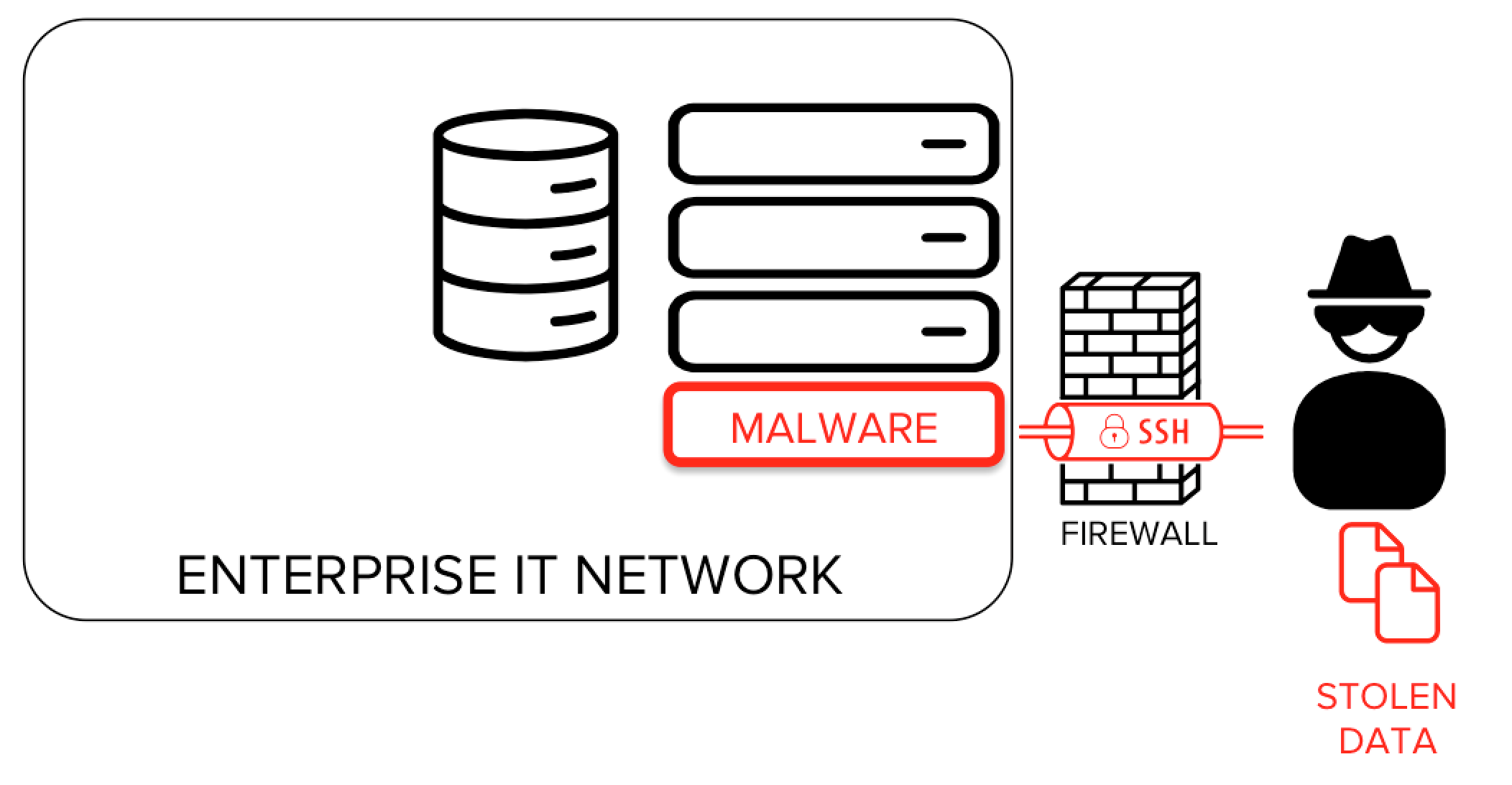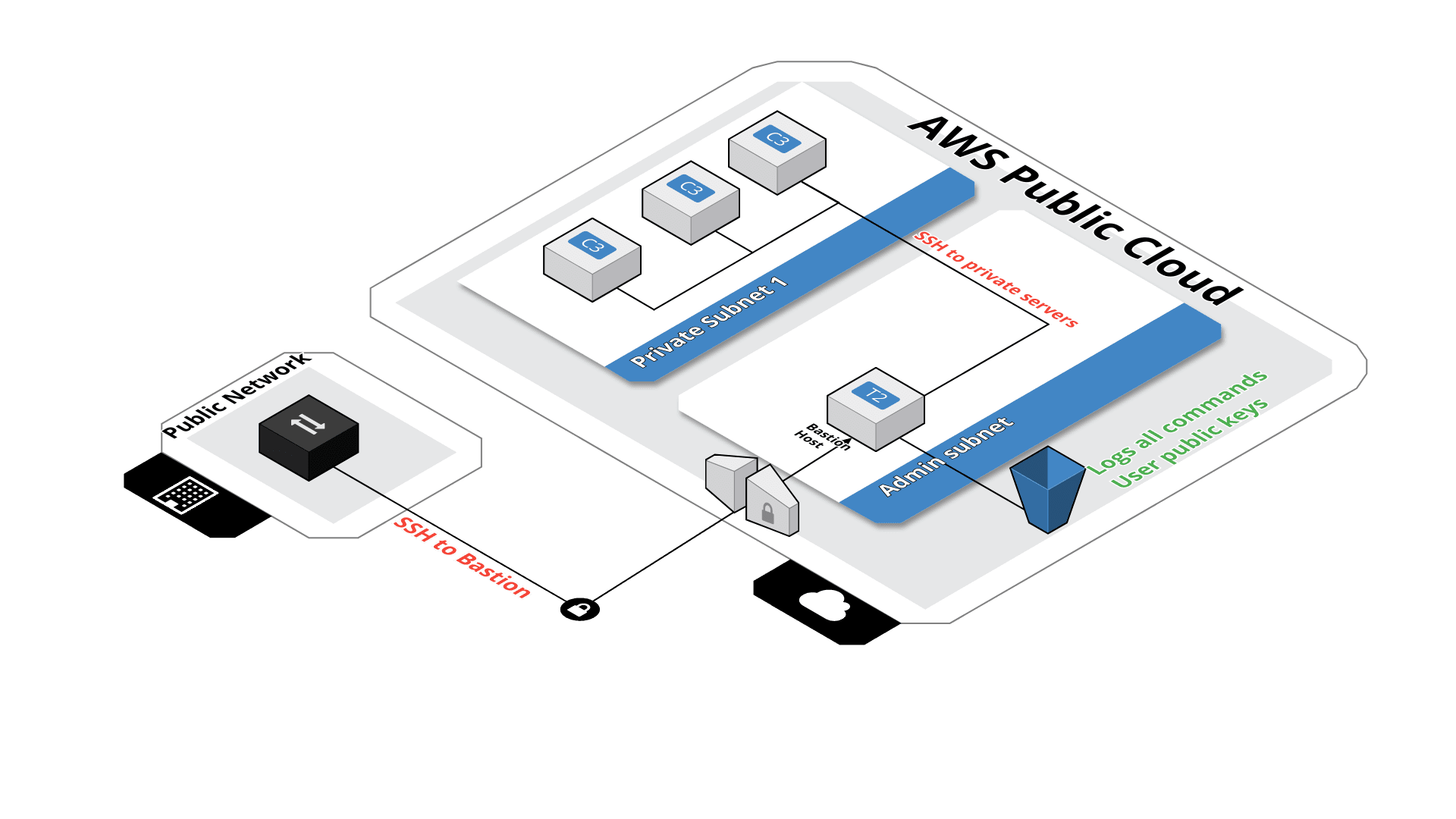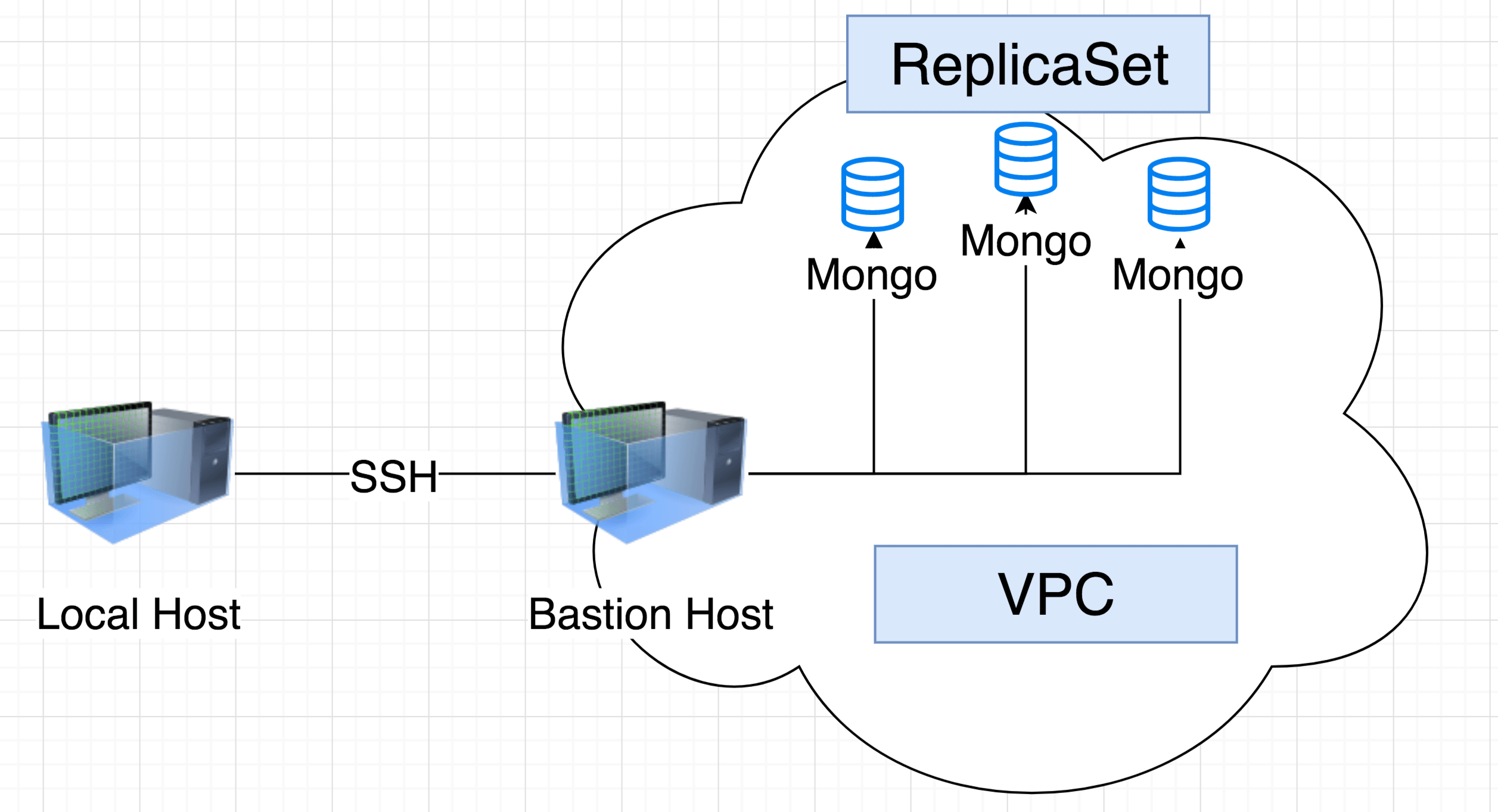
Let try to send a request to port 1053 on localhost, this request will be forwarded to remote. The bastion host need out bound access to the internet also an instance profile attached that has same policy as below. In the scope of this post, i will guide you to create a bastion host, a IAM user which has enough permission to use Session Manager to login into the bastion host. Run the OpenSSH.Server service, called sshd. Our network currently has two hosts: Web server - Requires web-ssh key Bastion host - Requires bastion-ssh key A not very good solution to our problem would be to add the web-ssh key to our Bastion host and anybody who gets access to the Bastion can use it to SSH to the web server.

Set-Service -Name sshd -StartupType Automatic. A better solution is ssh-agent forwarding. After a minute or two it installs (be patient) Set service to start service automatically in case you stop instance. Session Manager also allows you to comply with corporate policies that require controlled access to managed nodes, strict security practices, and fully auditable logs with node access details. Add-WindowsCapability -Online -Name OpenSSH.Server0.0.1.0. These two solutions take away the need for storage of private keys on the bastion host.
#Aws ssh bastion agent forwarding windows#
Session Manager provides secure and auditable node management without the need to open inbound ports, maintain bastion hosts, or manage SSH keys. However, bastion hosts resolve this issue by providing SSH-agent forwarding and RDP connections to Linux instances and Windows instances, respectively. You can use either an interactive one-click browser-based shell or the AWS Command Line Interface (AWS CLI).

#Aws ssh bastion agent forwarding how to#
With Session Manager, you can manage your Amazon Elastic Compute Cloud (Amazon EC2) instances, edge devices, and on-premises servers and virtual machines (VMs). We will show you how to create an SSH key for your bastion host and look at ways you can streamline the bastion host login process without compromising the security of the key.

ssh-agent only handles forwarding the private key with the client, not making each server accept a key that has been accepted on a previous hop. Session Manager is a fully managed AWS Systems Manager capability. Check that the corresponding public key is in the user's /.ssh/authorizedkeys file. But there is another way, it's Session Manager. Usually when developer need to access to the bastion host, we will give them the private key or they give us the public key then we will add the public key to bastion host.


 0 kommentar(er)
0 kommentar(er)
